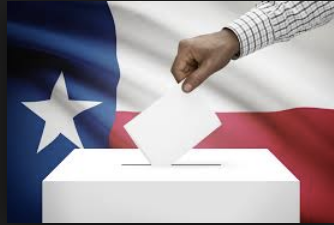By and large, nationwide surveys were relatively accurate in predicting the popular vote, which Hillary Clinton won by two percentage points. But in crucial parts of the country, especially in the Midwest, individual state polls persistently underestimated Mr. Trump’s support. And election forecasters used those polls in Electoral College projections that gave the impression Mrs. Clinton was a heavy favorite.
AAPOR’s analysis found several reasons the state polls missed the mark. Certain groups were underrepresented in poll after poll, particularly less educated white voters and those in counties that had voted decisively against President Barack Obama in 2012. Respondents’ unwillingness to speak honestly about their support for Mr. Trump may have also been a factor.
These and other issues could reappear in 2020, pollsters warn, if they’re not addressed directly.
. . .
‘Shy Trump’ voters
A pre-election study by Morning Consult warned that wealthier, more educated Republicans appeared slightly more reluctant to tell phone interviewers that they supported Mr. Trump, compared with similar voters who responded to online polls.
Pollsters refer to this phenomenon as the “shy Trump” effect, or — in academic parlance — a form of “social-desirability bias.” Studies have affirmed that in races where a candidate or cause is perceived as controversial or otherwise undesirable, voters can be wary of voicing their support, especially to a live interviewer.
Charles Franklin, the director of the Marquette University Law School poll of Wisconsin voters, said he worried that the shy Trump effect had played a role in skewing the poll’s results away from Mr. Trump in 2016.
Mr. Franklin, who was a member of the AAPOR team, suggested how telephone interviewers might confront the issue with respondents next year: “When they indicate they’re undecided or maybe considering a third-party vote, maybe push people a little more on whether they could change their mind,” he said.
One polling firm that showed Mr. Trump narrowly leading in some of the most inaccurately polled states — Michigan, Pennsylvania and Florida, all of which he won — was Trafalgar Group, a Republican polling and consulting firm that uses a variety of nontraditional polling methodologies.
It sought to combat the shy Trump effect by asking respondents not only how they planned to vote but also how they thought their neighbors would vote — possibly offering Trump supporters a way to project their feelings onto someone else.




